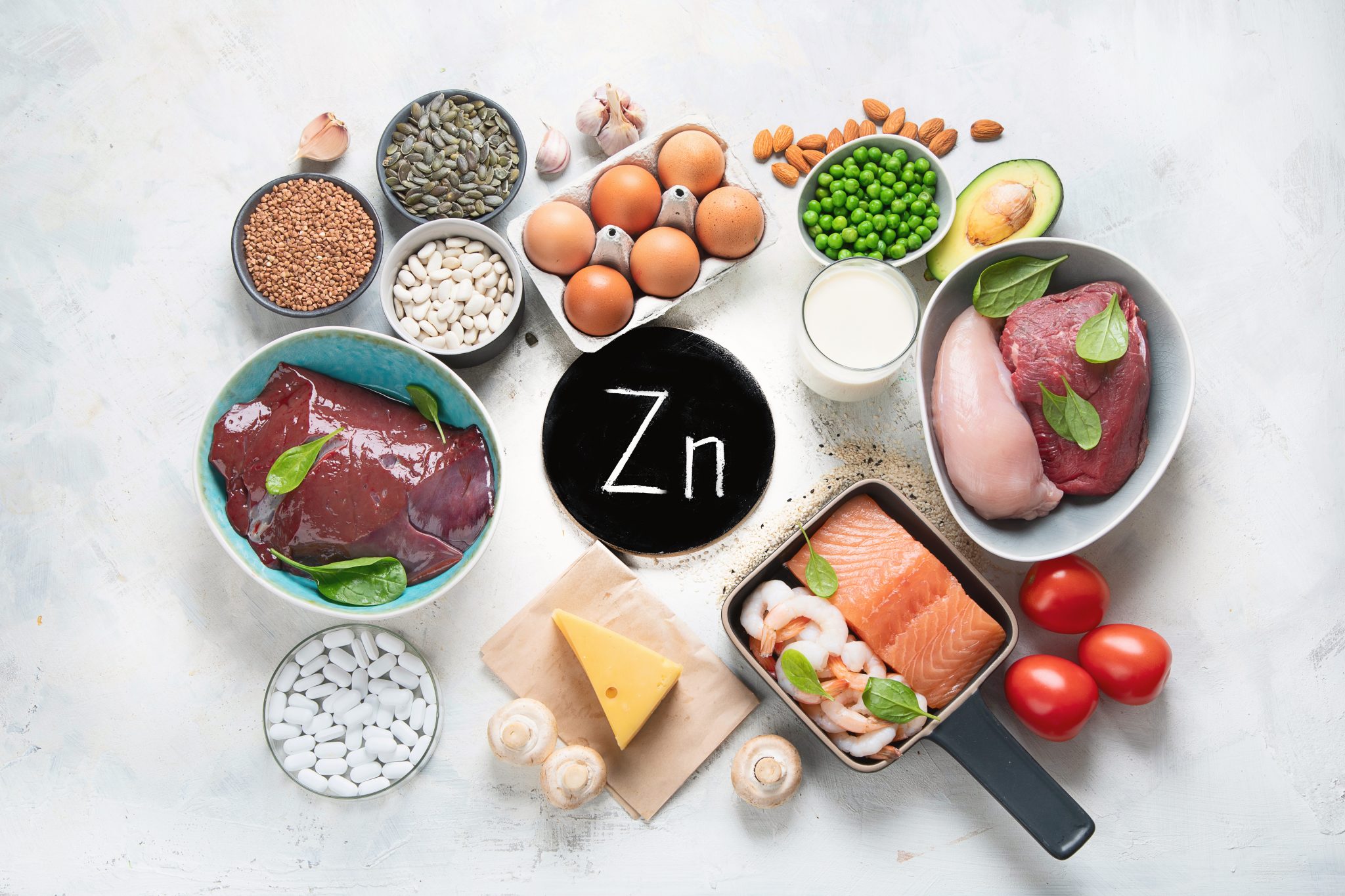Susceptible to colds, sore throats, coughing and sniffles? Got a wound that just won’t heal? Chances are you need to sync your Zinc, writes Aleney de Winter.
There’s been extensive research into the benefits of Zinc from its immune-boosting properties to its role in the development of growing children. But more recent research has also indicated Zinc plays an important role in everything from regulating the heartbeat to managing hypothyroidism and slowing the progression of age-related macular degeneration. Zinc supplementation has even demonstrated its effectiveness in shortening the common cold.
Simply put, Zinc is a super nutrient. Ergo, if you’re not getting enough of it in your diet, your body’s ability to produce healthy, new cells can be affected. This can lead to unexplained weight loss, loss of appetite, anaemia, hair loss, slow wound healing, vision and hearing loss, weakened immunity and susceptibility to infections.
So how much of this mighty mineral do we need? Although the body does not require large amounts of Zinc – the Australian National Health and Medical Research Council recommends a daily intake of just 8 mg for adult women and 14 mg for adult men – around 1.1 billion people worldwide are at risk of Zinc deficiency due to inadequate dietary supply.
As the body is unable to store Zinc, regular intake is a necessity. However Western diets high in phytate-containing whole grains, which can decrease the absorption of Zinc and other minerals, coupled with poor soil quality, high alcohol intake, vegetarian and vegan diets (the body does not absorb Zinc from vegetarian sources as effectively) and an increase in processed foods that contain little or no minerals, are partly responsible.
Before you turn to a supplement for help, consider stuffing your diet with these Zinc-rich foods.
Oysters
The king of Zinc-rich food, a single oyster packs around 5.5mg of the miracle mineral providing more than half the recommended daily Zinc intake for an adult woman.
Crab
Crab meat is packed with nutrients. The amount of Zinc varies between crab species but a 100gm of blue swimmer crab meat should cover up to 50% of a woman’s daily Zinc needs.
Beef
Red meat, especially beef, is a great source of Zinc. A 100gm serving of lean beef packs a whopping 4.8 mg of Zinc. That’s more than half your daily dietary requirement.
Hemp seeds
If you’re looking for a plant-based alternative for your daily Zinc needs, a single serve of hemp seeds (around three tablespoons) contains approximately 3mg of the magic mineral.
Cashews
Not only does a handful of cashew nuts make a convenient snack for women on the go, they’re packed with around 3mg of Zinc per 50gm.
Lean Pork
It’s not only red meat that delivers ample amounts of Zinc. Put 100gms of lean pork on your fork to benefit from just over 2mg or 25% of a woman’s daily Zinc requirements.
Tofu
An excellent plant-based source of protein, calcium and magnesium, 100gm of Tofu also provides around 2mg of Zinc, around 25% of a woman’s daily needs
Pumpkin Seeds
Toss two tablespoons of pumpkin seeds into your lunchtime salad or sautéed vegetables to add a delicious crunch and just over 2gm of Zinc to your meal.
Dark chocolate
Is there anything chocolate can’t do? No, we thought not. Turns out that 100gm of 70–85% cocoa varieties provide an impressive 3.3mg hit of Zinc.
Disclaimer: This article provides general information only, and does not constitute health or medical advice. If you have any concerns regarding your health, seek immediate medical attention.








